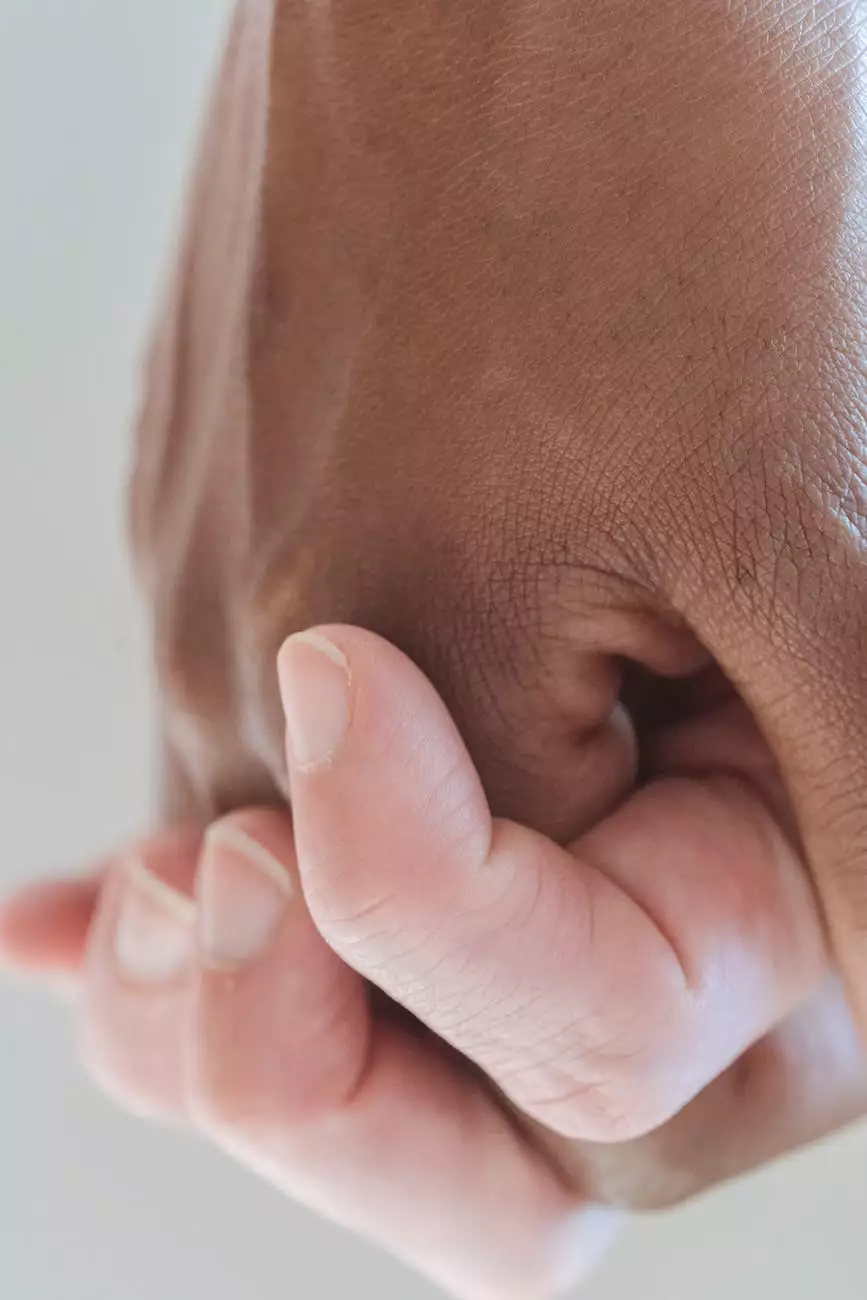Can You Sue Your Florida Landlord For Mold In Rental ...

Understanding Your Rights as a Tenant
Living in a rental property should be a safe and healthy experience. Unfortunately, situations may arise where your rental apartment or house in Florida becomes infested with mold. If you find yourself facing this problem, you might be wondering whether you have the legal right to sue your landlord for mold-related issues. At Baytowne Reporting, we are dedicated to guiding you through the complex legal landscape surrounding landlord-tenant relationships in Florida.
Florida Landlord Responsibilities
Under Florida law, landlords are required to provide tenants with a habitable living environment. This includes ensuring that the property is free from hazardous conditions, such as mold infestations. Landlords are responsible for maintaining the premises, addressing any inherent defects, and promptly addressing mold issues when they arise.
However, it is important to note that Florida law does not explicitly state whether tenants can sue landlords specifically for mold-related issues. The determination of liability and the potential for legal action will depend on various factors, such as the severity of the mold problem, the landlord's knowledge of the issue, and their level of negligence in addressing it.
Proving Landlord Negligence
In order to successfully sue your Florida landlord for mold-related problems, you will generally have to prove the following:
- Existence of Mold: You must be able to demonstrate that mold exists in your rental property. This can be achieved through professional mold testing or reports from certified experts.
- Notice to Landlord: You must have notified your landlord about the mold issue in a timely manner and given them a reasonable opportunity to address the problem.
- Landlord Negligence: You must establish that your landlord was negligent in addressing the mold problem or failed to take reasonable steps to remedy the situation.
- Provable Damages: You need to provide evidence of the damages you have suffered as a result of the mold, such as medical reports, property damage, and associated costs.
Seek Legal Assistance
Given the complexities involved in pursuing a legal claim against your landlord, it is crucial to consult with an experienced attorney specializing in landlord-tenant law. They can evaluate your case, provide guidance, and represent your interests throughout the legal process.
At Baytowne Reporting, our team of expert attorneys has a deep understanding of Florida's landlord-tenant laws and extensive experience in handling mold-related cases. We are dedicated to fighting for the rights of tenants and holding landlords accountable for negligence.
Contact us today to schedule a consultation and let us help you determine whether you have grounds to sue your Florida landlord for mold-related issues.
Conclusion
While the laws surrounding suing landlords for mold in rental properties in Florida may seem complex, it is essential for tenants to recognize their rights and take action when faced with mold-related issues. Baytowne Reporting can provide you with the necessary legal expertise and support to navigate this challenging situation. Don't wait until the problem worsens, contact us now to protect your health and well-being.




